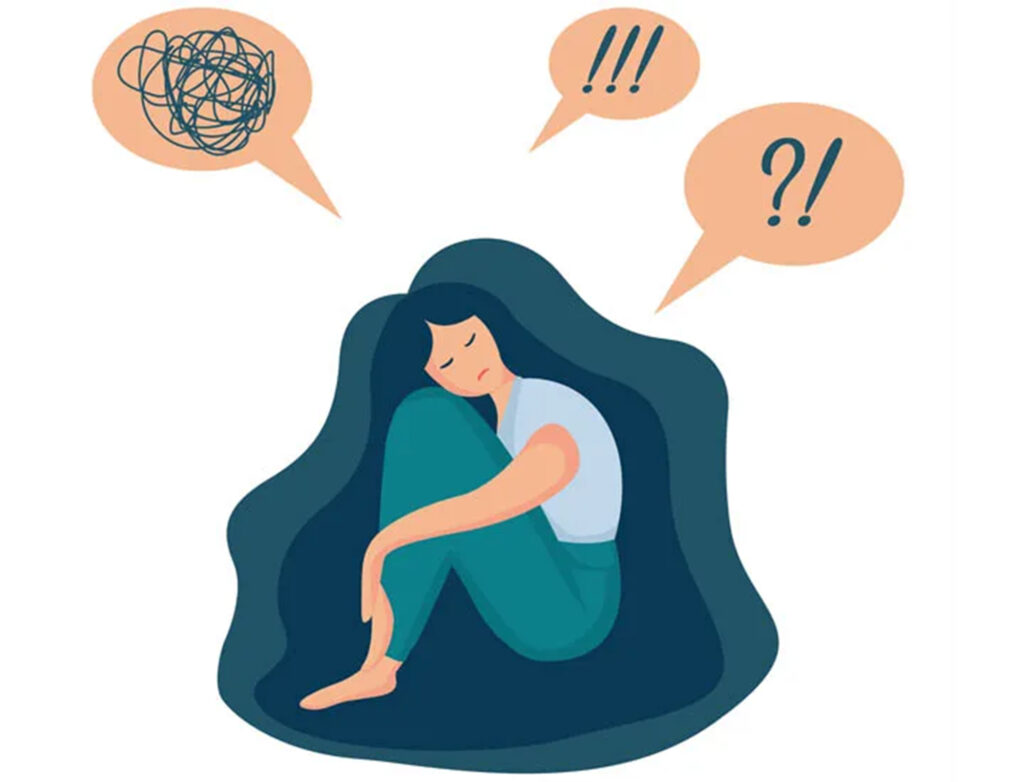
By Anastasia Adaeze
I was walking on the same pedestrian side of the road with him, from behind he looked healthy just a man in his late 40’s I guessed, healthy because I was out for that early morning run too, well scheduled so that afterwards, the day’s activities would kick off properly, as I bent over to tie my shoelace and half-minded greeting the security estate men, the man, that healthy looking man fell on the ground, dropped like a log of wood. At the end of the day, I made sure to pass through that particular gate, on my way back from work into the estate. At the gate, the security told me, that the man had died, they said the family attested to him having pre-existing medical conditions and the doctors said, that while his body was in the fight or flight response triggered and it tried to respond to the threat, and the lack of oxygen supplied to his brain caused a brain damage.
According to a global report, Nigeria emerged as the seventh Sub-Saharan African country with the most stressed employees; they recorded that in Nigeria, fifty per cent (50%) of workers experience stress in the workplace, a figure that has risen by three per cent (3%) annually. Senegal recorded the same stress rate, fairing a little better than Uganda, Chad, Sierra Leone, Ghana and Tanzania, which recorded higher stress rates of up to fifty-eight per cent (58). While some employees admit that forty-six per cent (46%) of the negative emotions felt during a lot of days are a result of stress, and twenty-six per cent (26%) of those feelings spur from anger and with the implementation of the new minimum wage by the Federal Government of Nigeria for Nigerian workers to fight back against inflationary pressures and current economic challenges faced by workers all across the country. It is paramount globally, that individuals take a personal inventory of self, practice mindfulness, exercise, and relaxation techniques and most of all, visit a doctor more often than not. No wonder that great philosophy phrase says “Know thyself” (Greek: Γνωθι Σαυτόν, “Gnōthi Seautón”).
While we can say, that low salaries, excessive workloads, few opportunities for growth, lack of social support, not having enough control over job-related decisions, conflicting demands or unclear performance expectations are the stressors of Nigerian workers, we can also add, that long working hours and traffic congestion, economic pressures and financial uncertainty, limited job security and high unemployment rates, cultural expectations, family responsibilities and lastly inadequate work-life balance.
Prolonged stress can cause dramatic events such as rapid heartbeat and blood pressure changes, leading to a reduced blood flow to the brain then dehydration and electrolyte imbalances and hyperventilation (rapid breathing) and eventually fainting (Syncope) in your very corporate environment or a place you never expected yourself to be dramatic.
In an interview with Cable News Network (CNN) in 2019, Dr. Sanjay Gupta, a prominent neurosurgeon and CNN’s Chief Medical Correspondent discussing “Stress”, called it a “silent killer.” And when asked why? He explained that stress is a significant contributor to many chronic diseases, including hypertension, diabetes, and cardiovascular disease. When we’re stressed, our bodies “fight or flight” response is triggered, releasing hormones like cortisol and adrenaline. Prolonged exposure to these hormones can damage blood vessels, increase blood pressure, and disrupt metabolic function.
Dr. Sanjay elaborated, explaining how chronic stress can rewire the brain, altering regions responsible for emotional regulation, memory, and decision-making, leading to anxiety, depression, and impaired cognitive function. Stress also reduces the production of neurotropic factors, essential for neuronal health and plasticity. He highlighted that some signs and early consequences of stress are persistent anxiety or depression, sleep disturbances, difficulty concentrating, burnout, physical symptoms like headaches and fatigue, digestive problems and immune system suppression.
To manage this, one must know how to manage these stress triggers; Emotional distress, Physical exhaustion, Dehydration, Overheating and Hyperventilation and avoid medical conditions that deteriorate one’s health and longevity.
Yes, stress can be managed and even chronic stress reduced to a minimal point with the use of prioritizing sleep (7-9 hours/night), time management, prioritization of activities to be done hourly, daily, monthly and annually, communication, teamwork and division of labour, deep breathing exercises, regular exercise, mindfulness meditation, yoga and healthy eating habits.
As we continue to navigate the complexities of modern life, it’s essential to prioritize stress management. Using developed innovative stress-reduction technologies. Integrating mindfulness into education and workplaces while promoting community-based mental health support. As the ancient Greek philosopher, Plato, once said, “The greatest wealth is to live content with little.” Embrace simplicity, prioritize well-being, and cultivate inner peace. “By embracing self-care, fostering meaningful connections, and cultivating inner peace, we can create a healthier, happier world. Stress is not a friend but is a foe to life, you are not alone.


